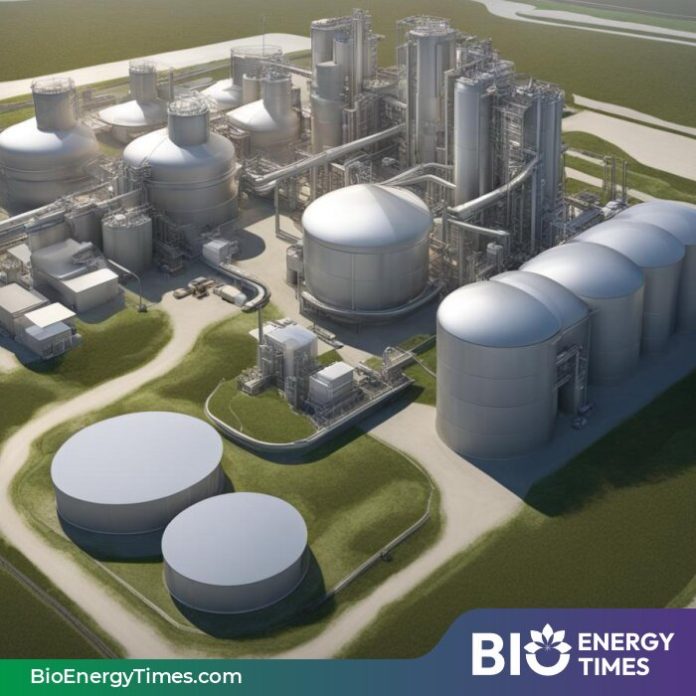Punjab Agricultural University (PAU) signed an agreement with Panj Aab Biofuel & Fertilizers Private Limited to introduce a new biogas plant that produces clean energy by using paddy straw. The MS sheet structure was built above ground and aims at providing sustainable crop residue management while producing biogas for both household and power generation purposes.
The agreement was exchanged by Dr Ajmer Singh Dhatt, the Director of Research at PAU, and Ravi Inder Singh, the Director of Panj Aab Bio Fuel & Fertilizers Private Limited. Other participants in the ceremony include Dr. Manjeet Singh, Dean of the College of Agricultural Engineering and Technology and Navjot Singh, the Chief Financial Officer of Panj Aab Bio Fuel & Fertilizers Private Limited.
Dr. Dhatt praised Dr. Sarbjit Singh Sooch, Head and Principal Scientist of the Department of Renewable Energy Engineering, for his contribution to making the technology ready for commercial use. Explaining the process, Dr. Sooch said that paddy straw can be processed without oxygen (anaerobic digestion) to produce biogas. This biogas can be used as a fuel for cooking and for generating electricity. The process, known as dry fermentation, requires minimal labour and can produce biogas for up to three months. The remaining material after this process can be used as high-quality manure for fields, helping to improve soil health.
Dr Khushdeep Dharni, Associate Director of PAU’s Technology Marketing and IPR Cell, highlighted the university’s commitment to promoting sustainable practices. He added that PAU is working to ensure its research-based technologies reach farmers quickly so they can benefit from them.
The project is seen as a step toward reducing stubble burning by offering farmers an alternative way to use paddy straw. The biogas produced can provide fuel for households and support clean energy production, while the leftover manure can be used to enhance soil fertility.
To read more about Biogas Industry News continue reading Bioenergytimes.com














